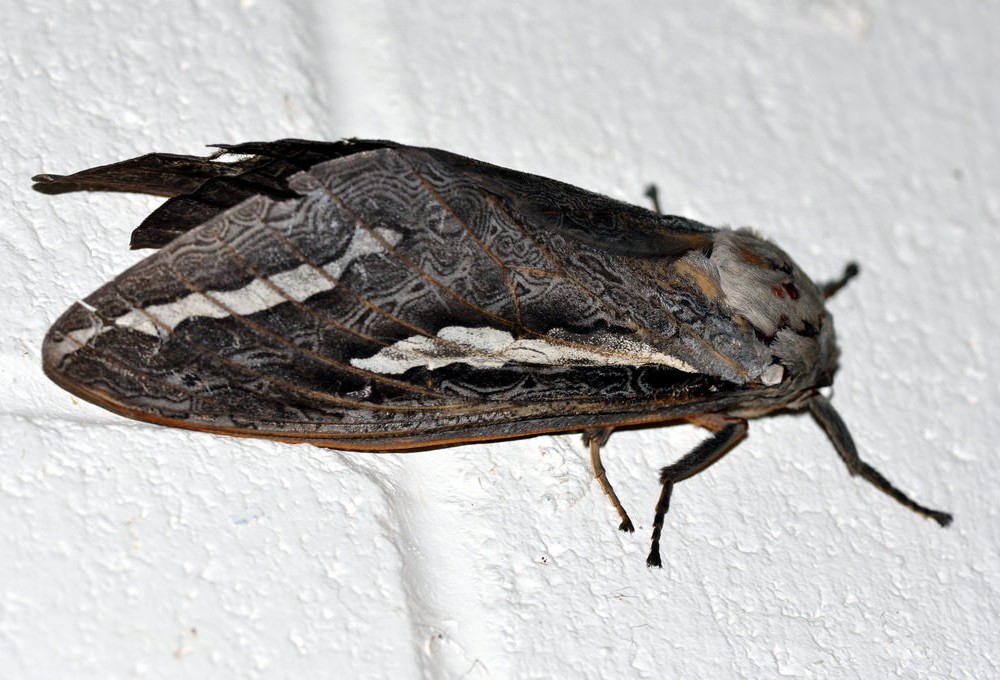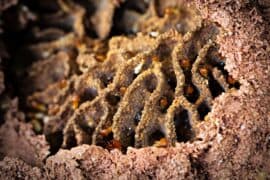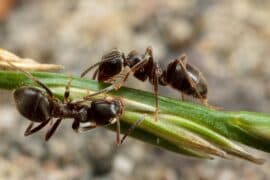Pindi moth
(Abantiades latipennis)

Description
Abantiades latipennis, known as the Pindi moth, is a species of moth in the family Hepialidae. It may also be referred to as a swift moth or a ghost moth, as this is a common name associated with Hepialidae. Endemic to Australia and identified in 1932, it is most populous in temperate rainforest where eucalypti are prevalent, as the larvae feed primarily on the roots of these trees. Females lay eggs during flight in a scattering fashion. The larvae live for over eighteen months underground, while adult moths survive for approximately one week, as they have no mouthparts with which to feed. The moths are preyed upon by a number of predators, including bats and owls. Brown in colour overall, males are paler and the identifying silver bars of the male's wings are more prominent than those of the female's, with dark margins. Male adults are generally smaller. Established clearfelling practices have been shown to favour the Pindi moth, and could lead to it being considered a pest due to opportunistic proliferation of the species. The resulting damage caused to the trees on which it feeds may be considered significant. A. latipennis is endemic to the Australasian region. More specifically, the moths inhabit New South Wales, Tasmania, Victoria, and Australian Capital Territory. As with other Abantiades species, the moth's habitat is temperate rainforest, both primary and secondary. During its larval stage, the moth feeds on the roots of trees, and its prospering is thought to have an economic impact on the timber industry. Abantiades latipennis is one of fourteen species currently identified within the genus Abantiades, all of which are found exclusively in Australia. The species was first described in 1932 by Norman Tindale, an Australian entomologist and anthropologist. Tindale described the species, under its current name, but provided no etymology for the specific epithet latipennis. He based the species description on specimens from Lorne (including the holotype male and allotype female), Pomonal and Mount Mistake (in the Langi Ghiran State Park), Victoria, and from Zeehan, Eaglehawk Neck and Launceston, Tasmania. Being a member of the Hepialiade family, A. latipennis is considered phylogenetically primitive, possessing several features that are indicative of earlier evolutionary development.
Taxonomic tree:







